Let’s start talking about the menopause and sharing stories. There is much to celebrate with the great work happening in this area. We can recognise that each journey through the menopause is individual in relation to how we feel and how long it lasts. For some the changes felt may almost go unnoticed for others the effects are life changing. The more we understand about the menopause the more we may be able to support each other and work out when to seek specialist care.
Many institutions have set up a menopause group and are providing support to work colleagues to improve understanding. Earlier this year local experts Rosie Harper and Dr Emma Thurston at Bournemouth University led a discussion on the menopause to raise public awareness
Bournemouth University is working in collaboration with NHS Dorset, Dorset Women CIC, and Health Innovation Wessex and many other key partners as part of the Dorset Women’s Health Programme. One of the projects is to focus on menopause support led by Dr Tim Hillard and we have been working closely with women to understand their needs and to work with GPs and their teams to ensure specialist support is available.
On the 20th November, 2024 Bournemouth University will also be holding a Menopause Symposium to Spotlight the Menopause as a Centre for Midwifery and Women’s Health event. Book your place now:
Women’s Health Symposium – Spotlight on the Menopause Tickets, Wed 20 Nov 2024 at 17:00 | Eventbrite

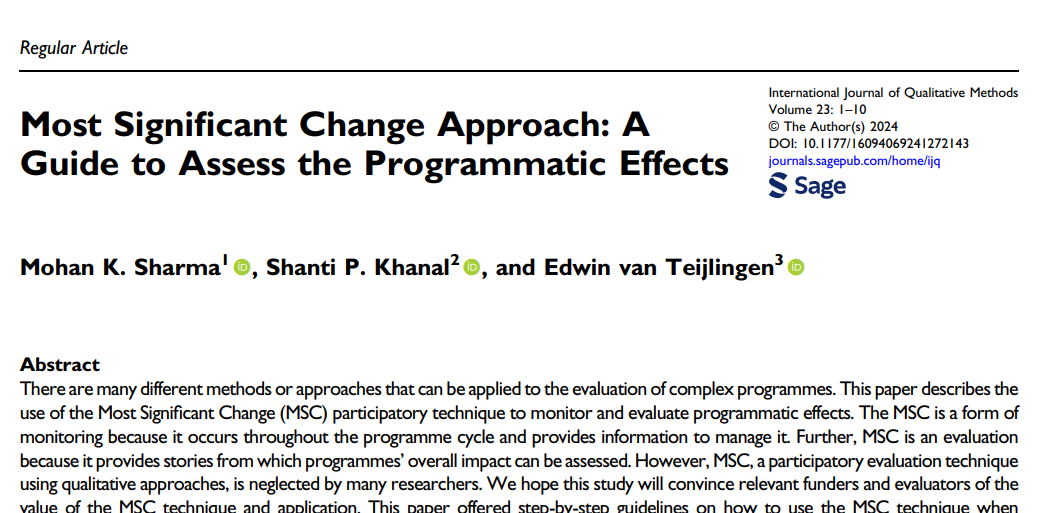
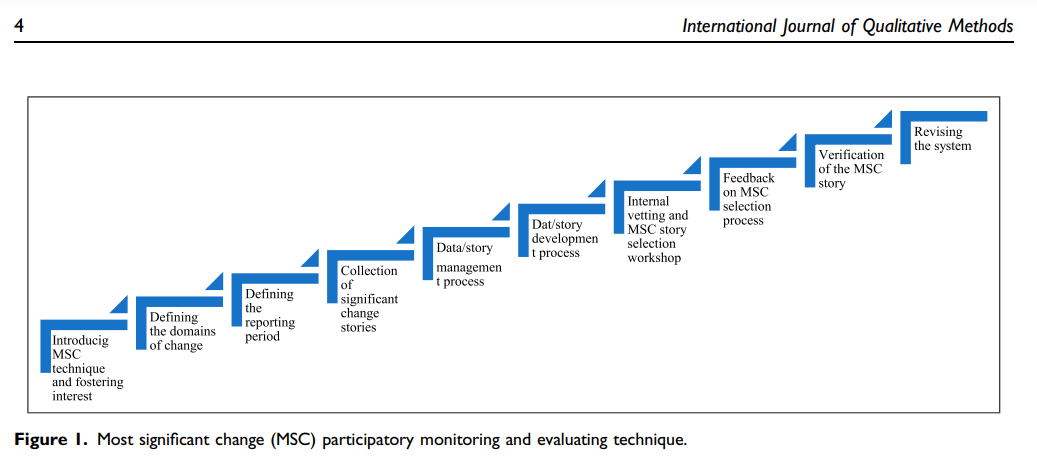


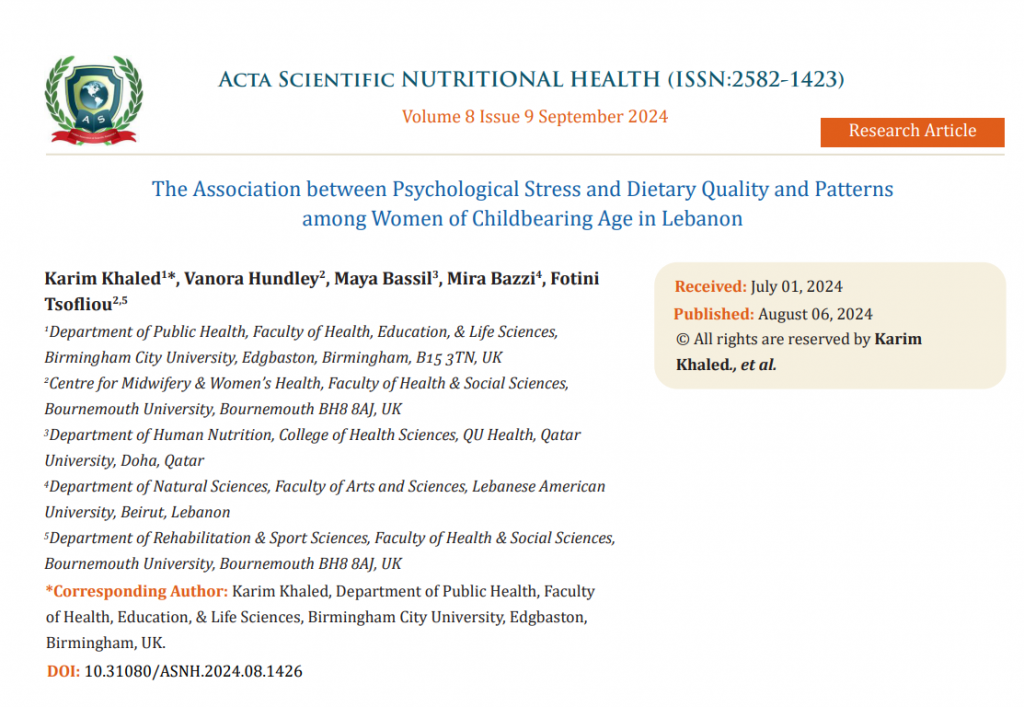
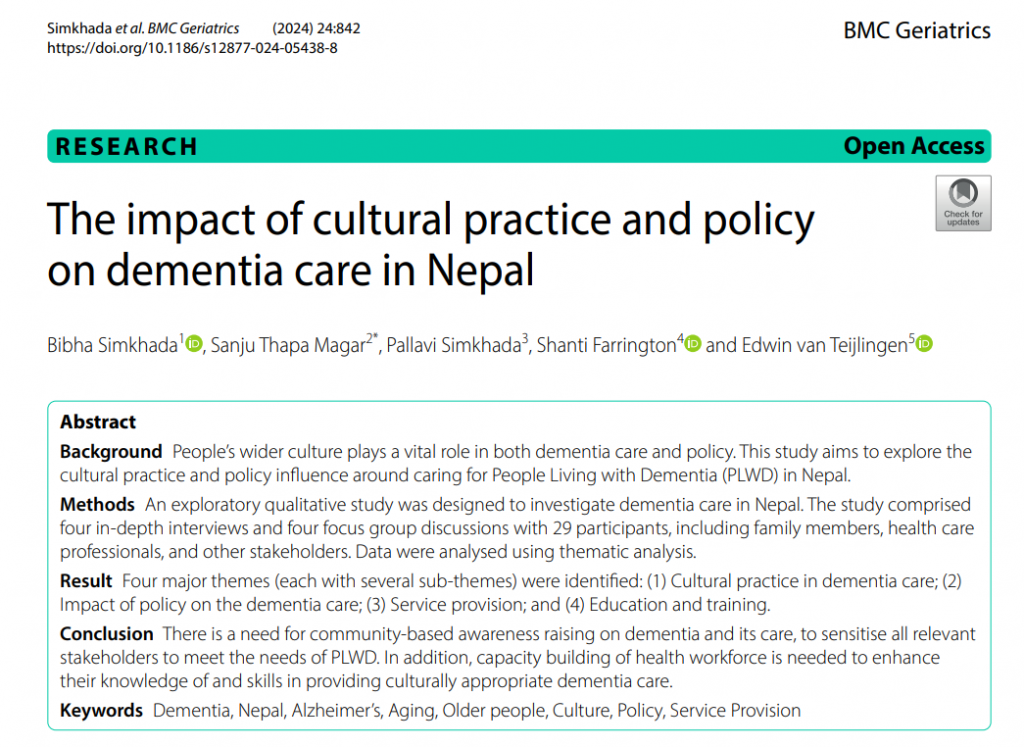


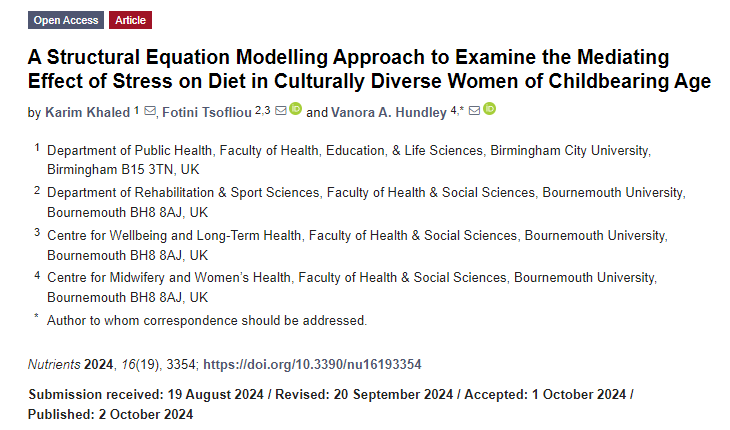
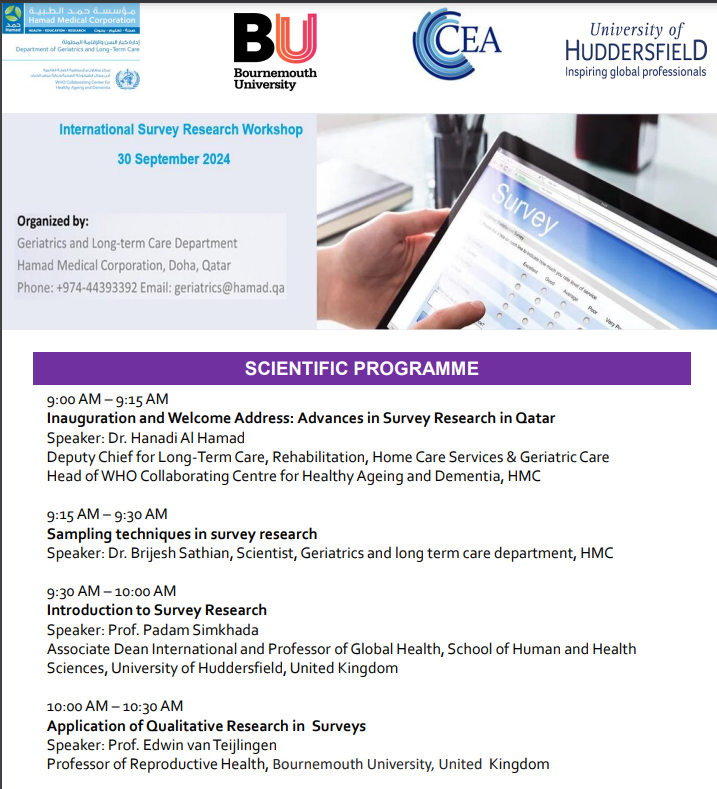

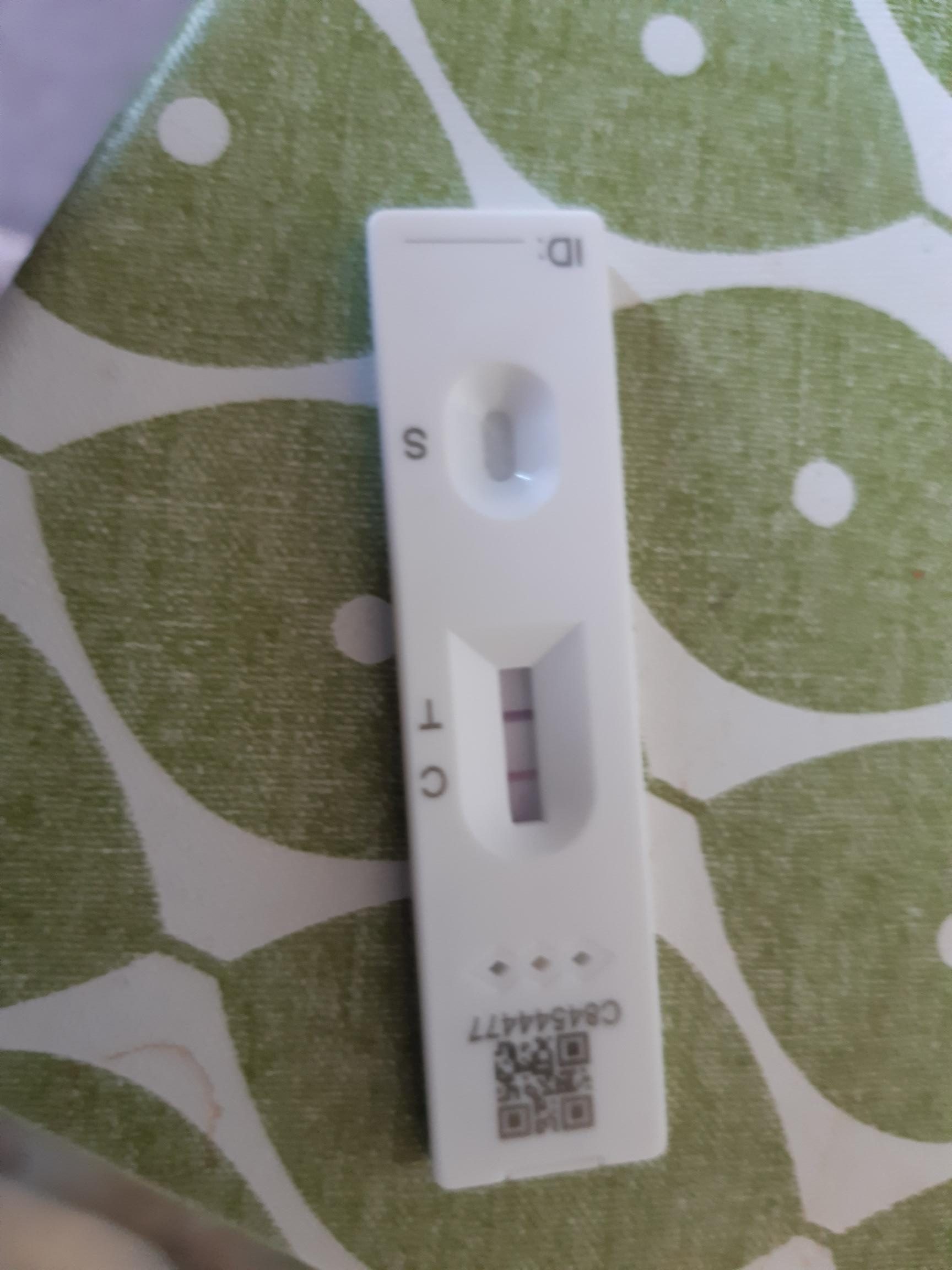
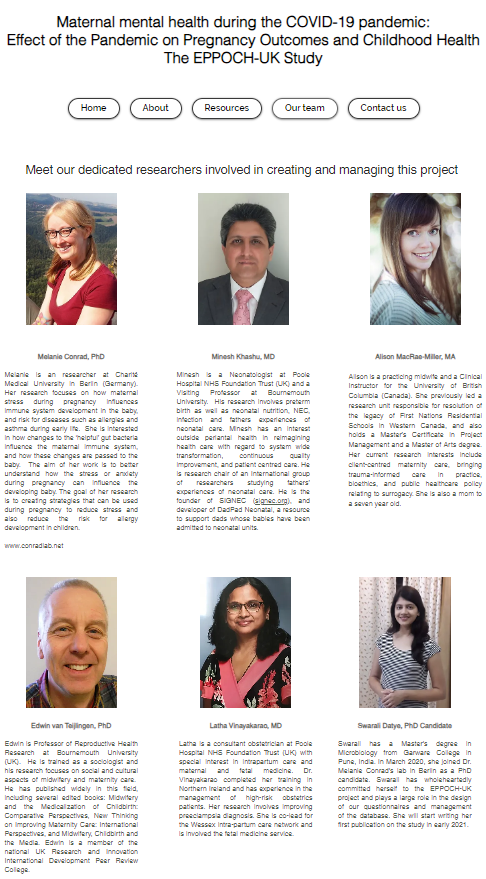
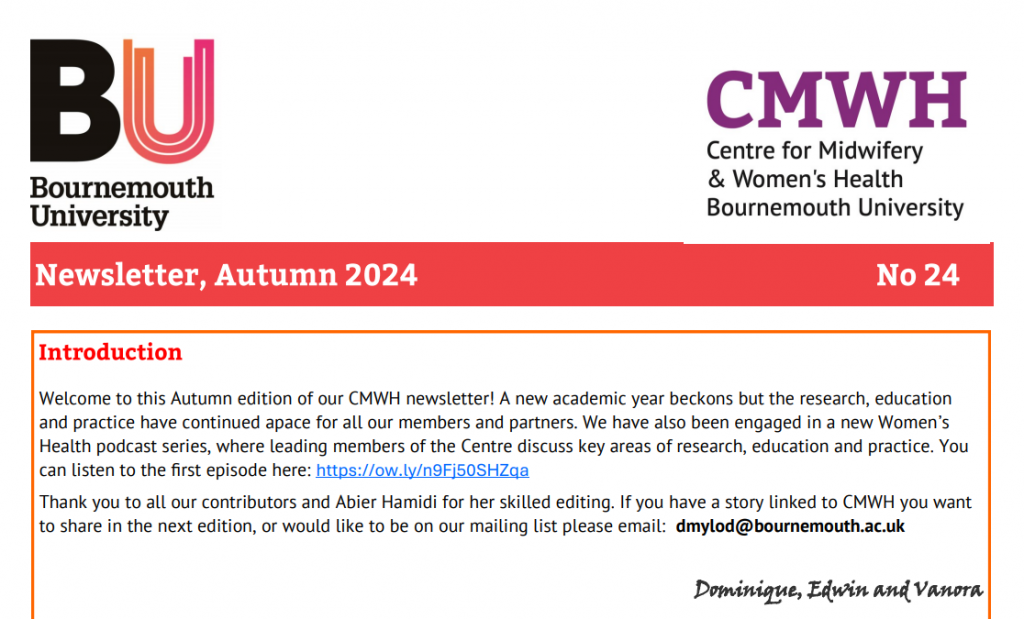 This edition includes news items and stories related the successes of CMWH staff and students. For example, about Drs. Dominique Mylod and Daisy Wiggins who both secured innovative NIHR funding for undergraduate student internships. Or about the recently awarded National Institute for Health and Care Research (NIHR) funding for ‘INSIGHT: Inspiring Students into Research’. This innovative three-year programme started this summer as part of the NIHR Academy’s portfolio of career support for health and social care professionals. The programme supports the NIHR aim to develop a highly skilled research workforce capable of advancing the best research which improves health and care, and benefits society and the economy.
This edition includes news items and stories related the successes of CMWH staff and students. For example, about Drs. Dominique Mylod and Daisy Wiggins who both secured innovative NIHR funding for undergraduate student internships. Or about the recently awarded National Institute for Health and Care Research (NIHR) funding for ‘INSIGHT: Inspiring Students into Research’. This innovative three-year programme started this summer as part of the NIHR Academy’s portfolio of career support for health and social care professionals. The programme supports the NIHR aim to develop a highly skilled research workforce capable of advancing the best research which improves health and care, and benefits society and the economy.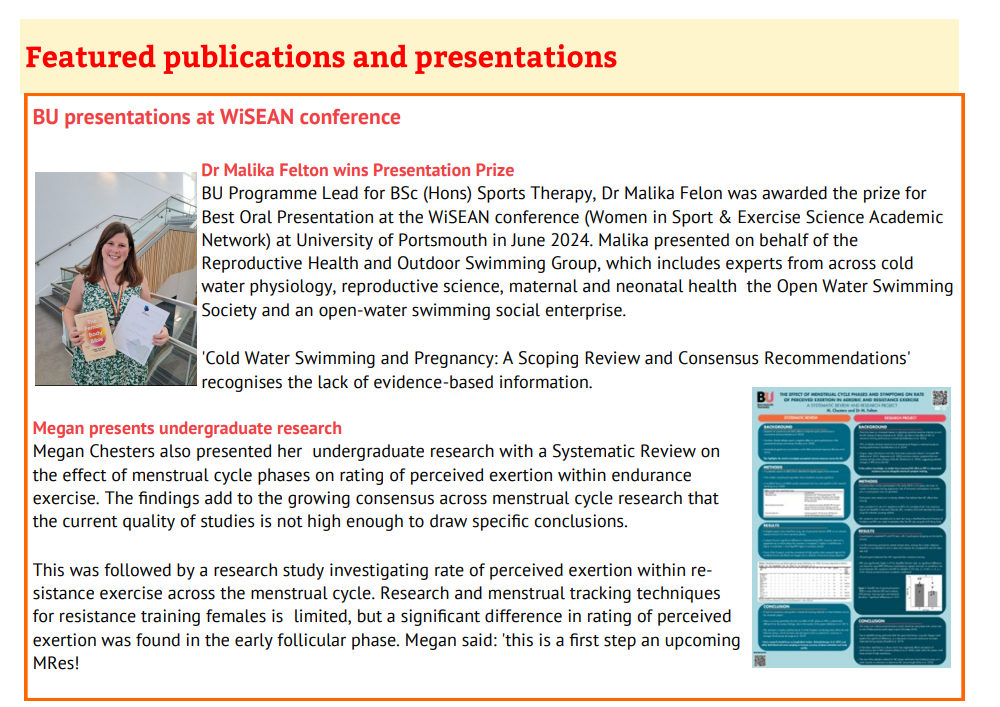
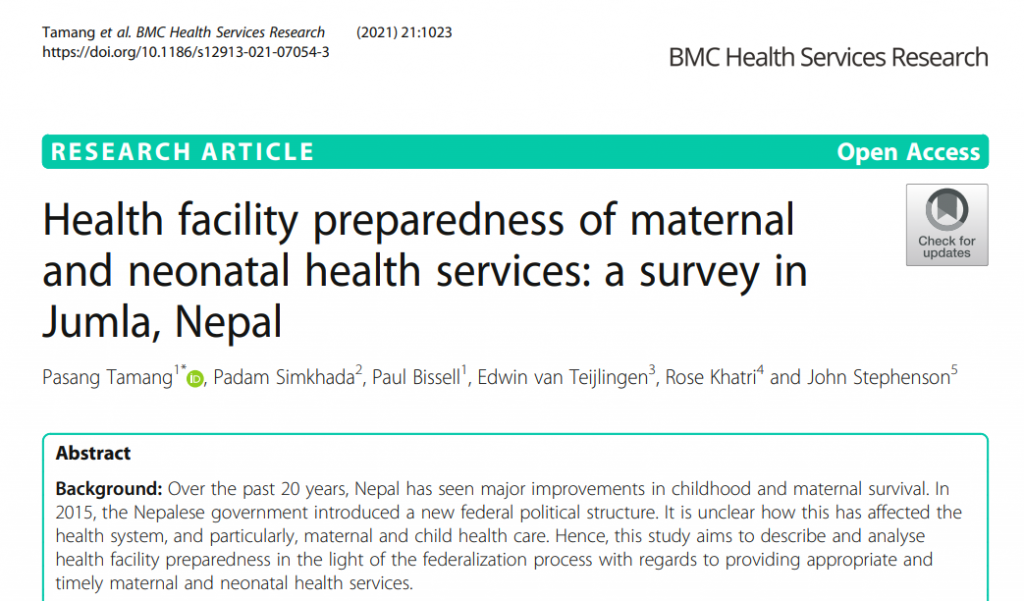


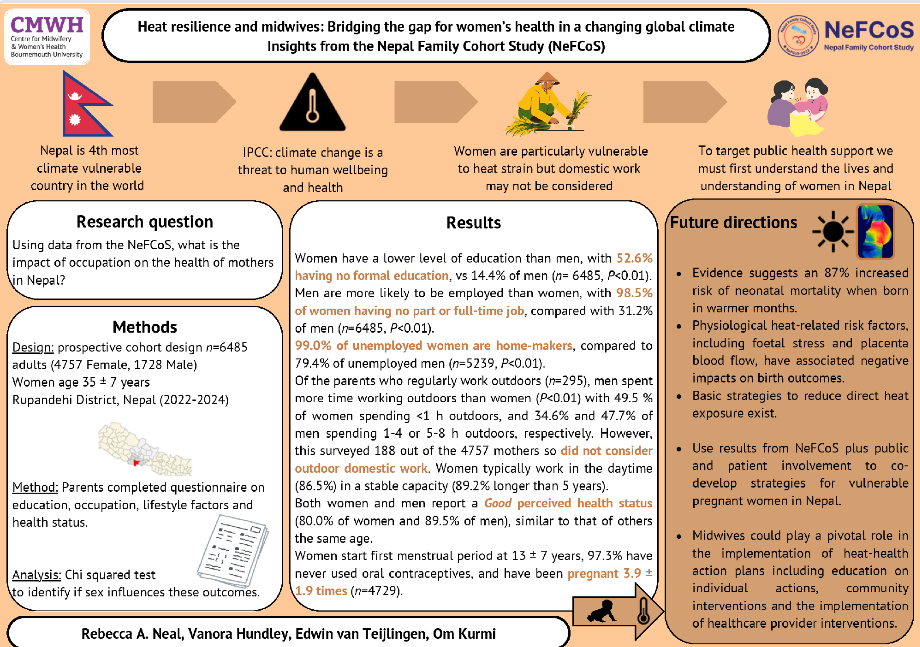

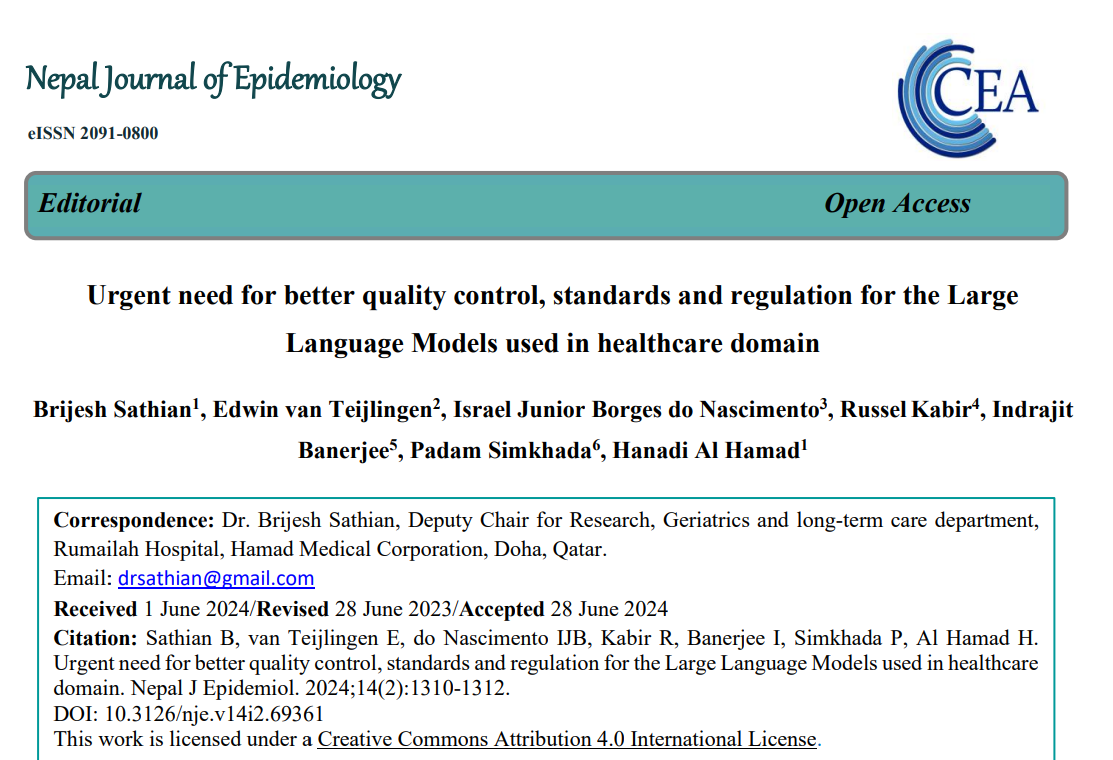
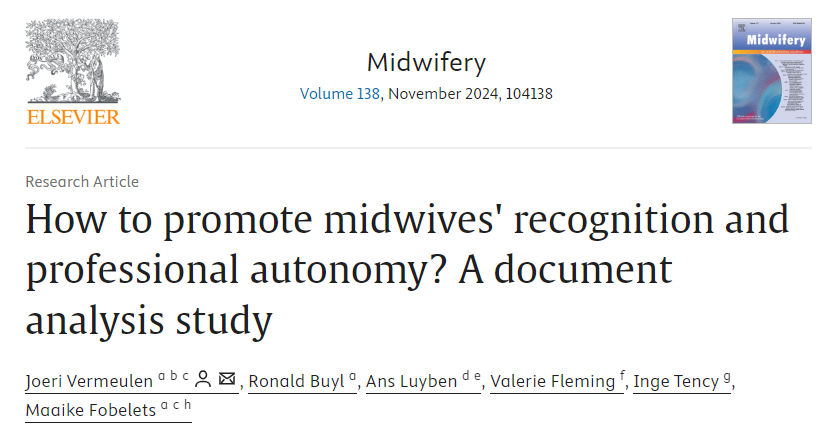




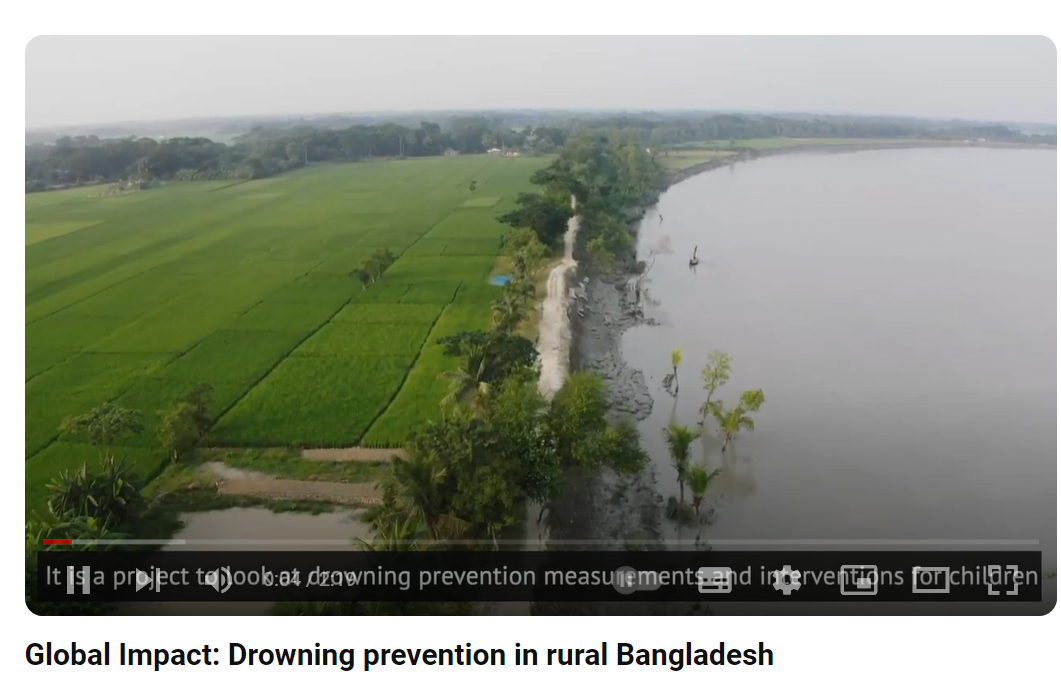

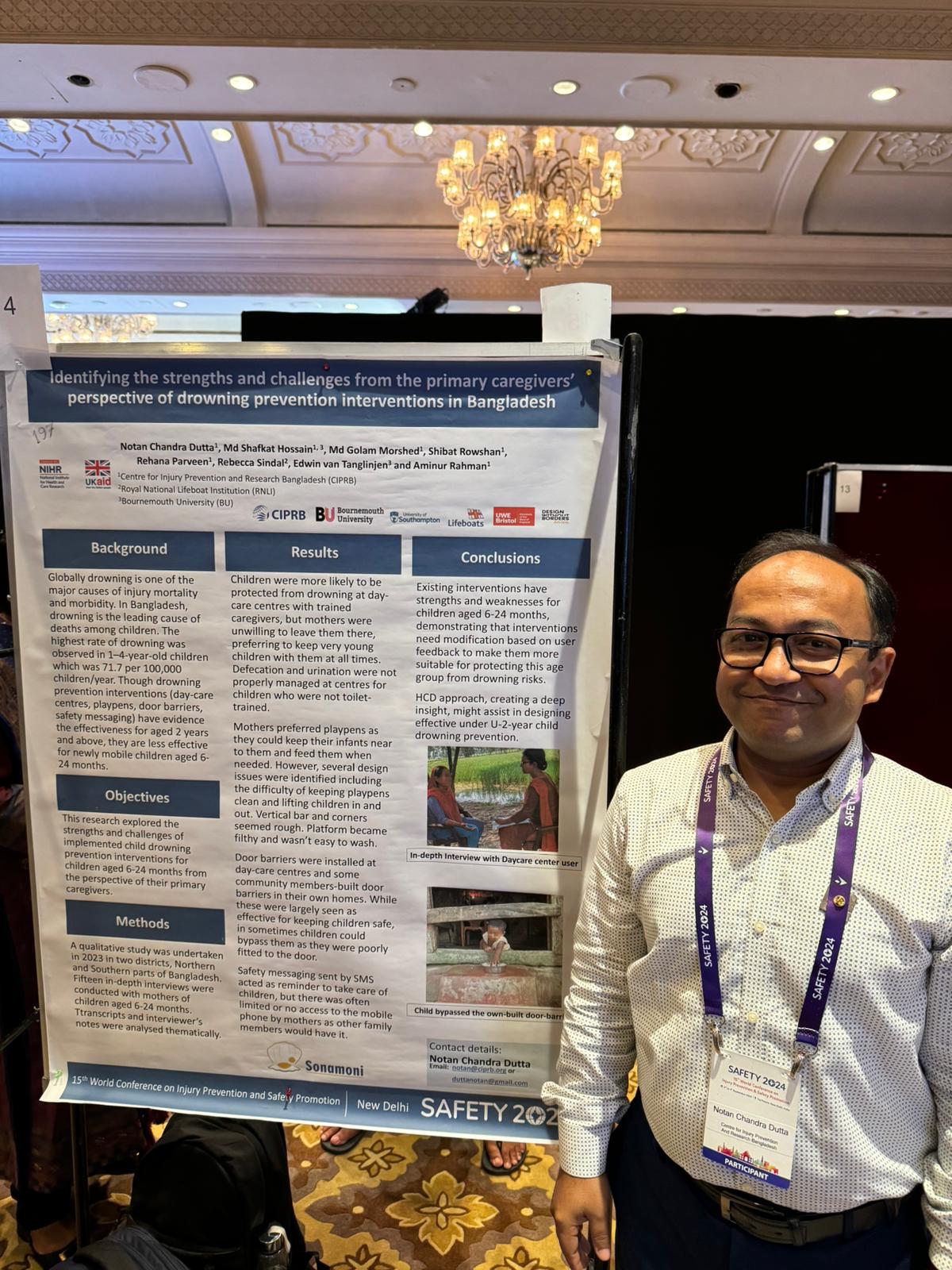


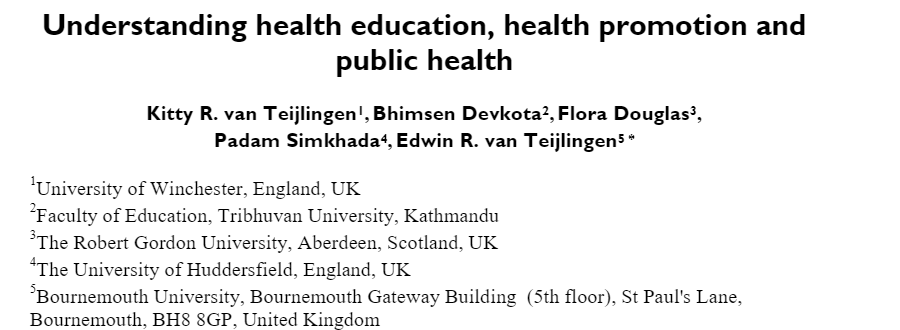
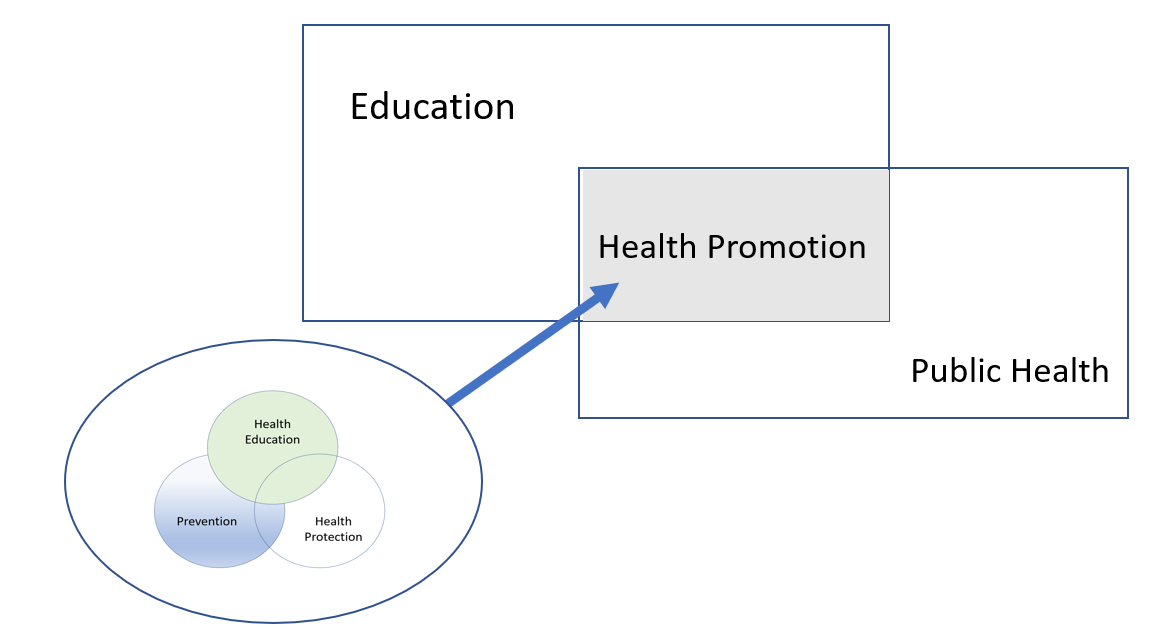
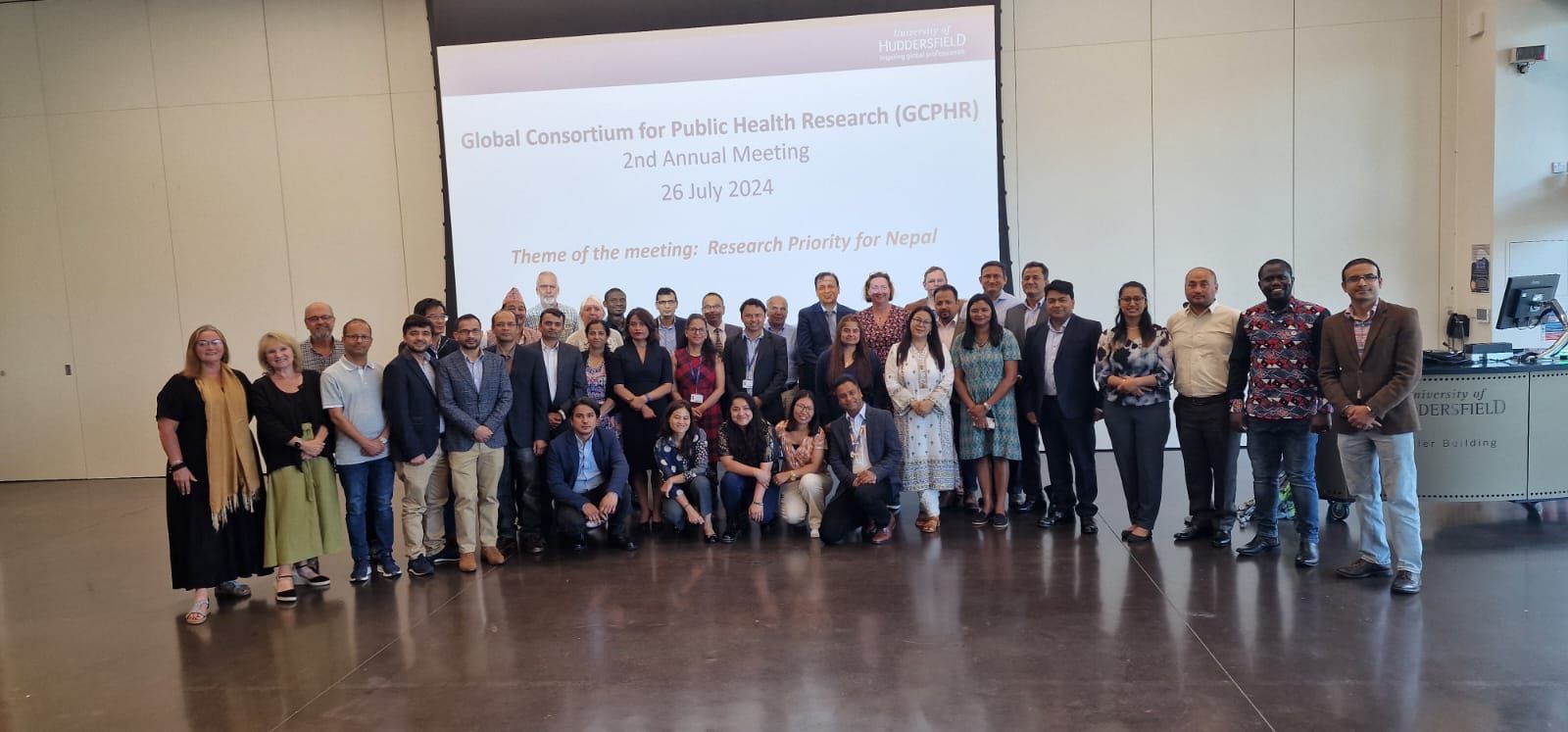
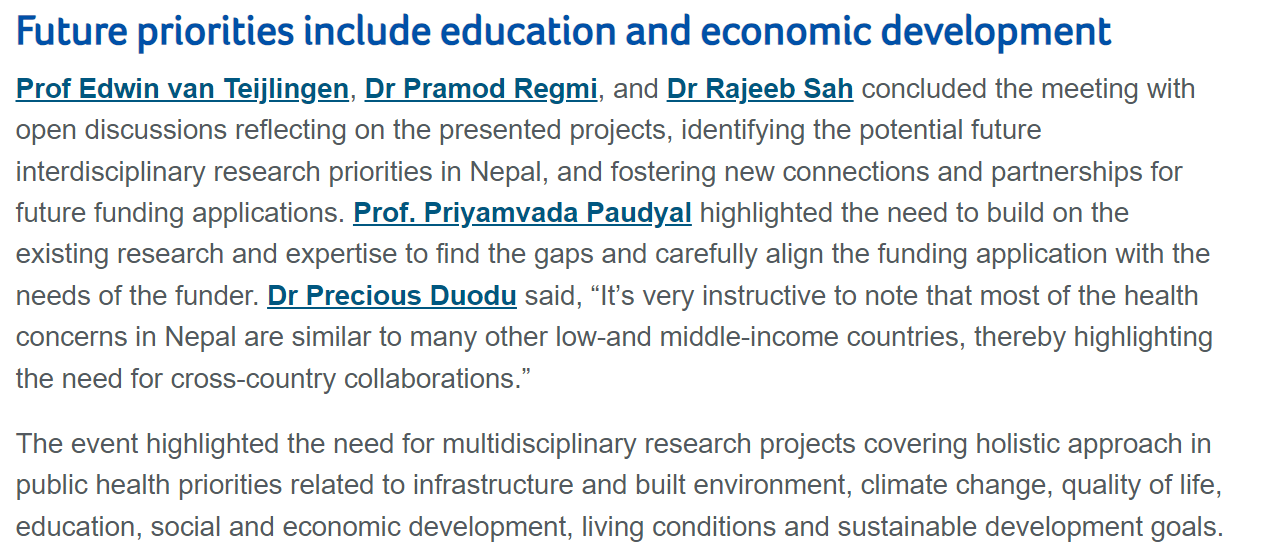











 BU attendance at third annual GCPHR meeting in June
BU attendance at third annual GCPHR meeting in June Interactive Tangible and Intangible Heritage Applications – BU student work featured in new book chapter
Interactive Tangible and Intangible Heritage Applications – BU student work featured in new book chapter Second NIHR MIHERC meeting in Bournemouth this week
Second NIHR MIHERC meeting in Bournemouth this week MSCA Postdoctoral Fellowships 2025 Call
MSCA Postdoctoral Fellowships 2025 Call ERC Advanced Grant 2025 Webinar
ERC Advanced Grant 2025 Webinar Horizon Europe Work Programme 2025 Published
Horizon Europe Work Programme 2025 Published Horizon Europe 2025 Work Programme pre-Published
Horizon Europe 2025 Work Programme pre-Published Update on UKRO services
Update on UKRO services European research project exploring use of ‘virtual twins’ to better manage metabolic associated fatty liver disease
European research project exploring use of ‘virtual twins’ to better manage metabolic associated fatty liver disease